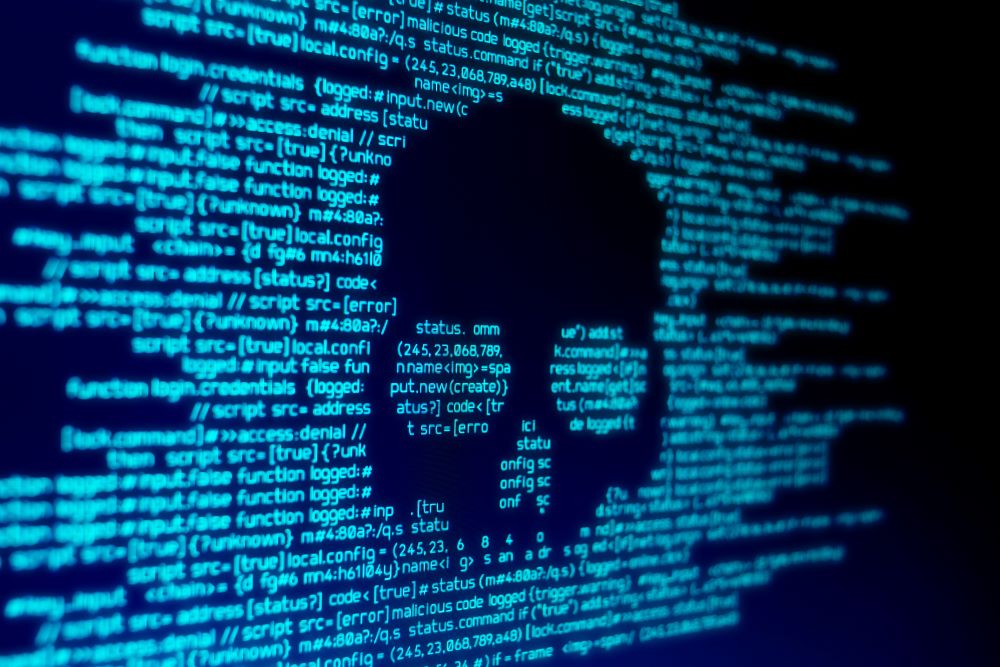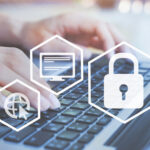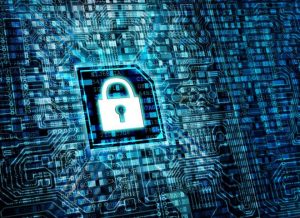
As more and more remote employees use Microsoft Teams to collaborate on different business projects during the COVID-19 pandemic, hackers are trying to take advantage of this situation. Microsoft recently warned its users about a virus that is hidden in fake Microsoft Teams updates.
In this article, our cyber security specialists explain the strategy of hackers involved in this scheme and how to protect yourself from it.
A fake MS Teams update with hidden ransomware
In recent years, hackers have developed new tactics to take companies and institutions hostage.
Ransomware, or CryptoLockers, are Trojan horse type computer viruses that lock data stored in an IT infrastructure using a technique called asymmetric encryption. The owners of affected systems have no choice but to pay a ransom to the hackers if they want to recover their data. This is the kind of virus that hides in a fake software update. So use Microsoft Teams with care.
A misleading advertisement that seems to be legitimate
To spread their ransomware, hackers simply bought advertising space online. Both on websites and in search results, internet users may come across a legitimate, professional looking advertisement informing them that a Teams update is available.
Thinking they are doing the right thing, many people click on the ad and unknowingly install a malicious file that contains a backdoor for hackers to access their computer.
Need IT services for your company in Québec? Contact-us now!
How to protect yourself from these kinds of threats
The best way to protect yourself against this computer virus is to be vigilant about Microsoft Teams advertisements that you may see online, especially if they lead to a supposed update. We recommend always updating your MS Teams and other Microsoft 365 suite tools within the software itself.
Installing an antivirus and firewall specifically designed for a professional working environment is another good way to counter the plans of hackers trying to take advantage of the remote work environment.
To avoid having to pay a ransom to regain access to your data, you should also keep backups of all your data on a variety of platforms.
Finally, Microsoft itself has recommended:
- Using a web browser capable of filtering and blocking malicious sites
- Using strong, random passwords for local administrators
- Limiting administrator privileges to essential users
Protect your IT infrastructure from viruses with Groupe SL
In conclusion, keep an eye out and warn your family and colleagues of this computer threat! That’s how you get the most out of Microsoft Office 365.
Contact our team of cybersecurity specialists if your computer systems contain sensitive data and confidential information that you wish to protect. We will be able to discuss your needs and suggest appropriate solutions.






